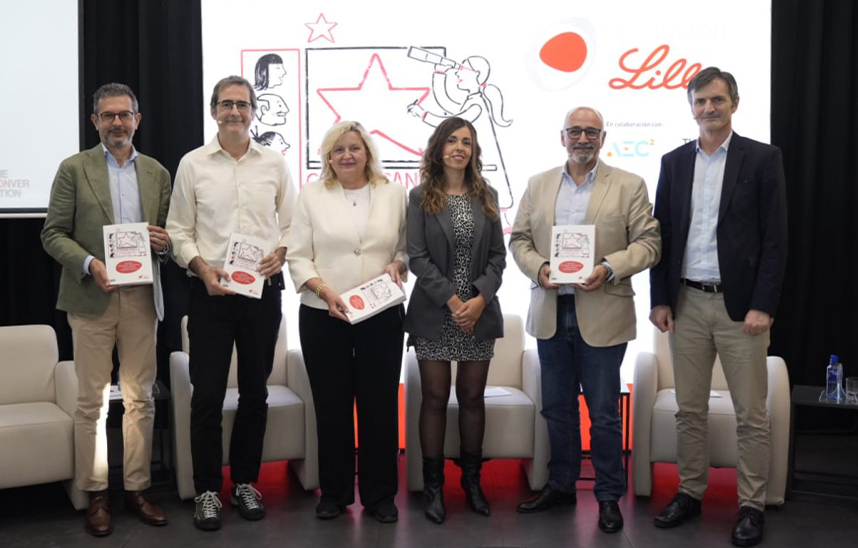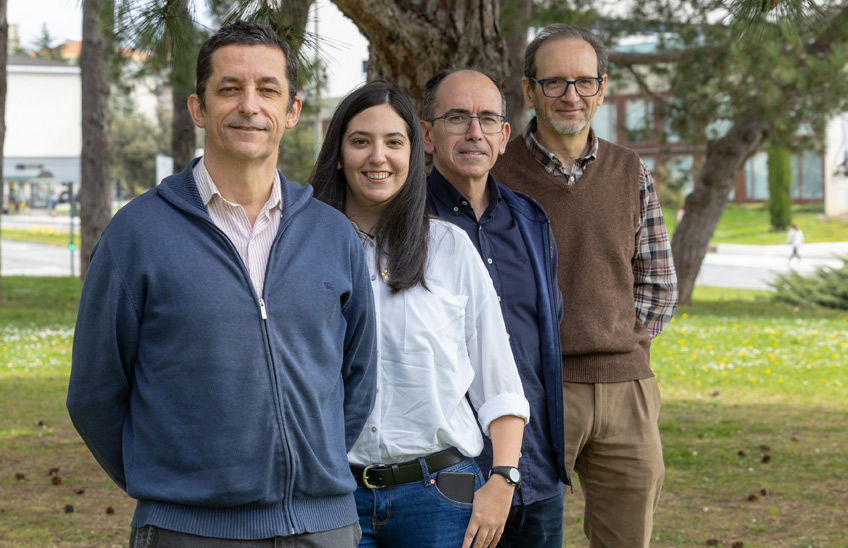Researchers from the BIOMA Institute of the University discover a core topic to obtain more sustainable and efficient fertilizers.
finding shows that phosphorus bound to metals and organic subject provides better plant nutrition in poor soils

13 | 05 | 2025
A study by the Biodiversity and Environment Institute BIOMA of the University of Navarra reveals that the combination of phosphate, metals and natural organic subject is crucial for long-term plant nutrition in acid soils, opening the door to more sustainable and effective fertilizers.
In a global context where phosphorus resources are limited and its extraction generates environmental impacts, optimizing its use in poor soils is core topic to ensure a more efficient and resilient agricultural production. In view of this circumstance, a group of researchers from the BIOMA Institute has identified the essential role of complexes formed by phosphate, metals and natural humic substances in the nutrition of plants grown in acid soils. The finding, published in the journal Environmental Research, demonstrates that these complexes act as a fundamental long-term phosphorus reservation for plants, particularly wheat.
The research, carried out with acid soils from different regions of Castilla y León, Galicia, Asturias, Andalusia, Catalonia, Extremadura, Basque Country and Navarra, revealed that traditional methods of available phosphorus analysis do not reflect well plant growth and phosphorus uptake by plants. In contrast, organic subject complexes, extracted using a specific technique with oxalic acid (pH 3), did show a direct relationship with biomass production and sustained phosphorus uptake over time. "These results are very interesting because in acid soils, where phosphorus is very little available, we have found that phosphorus bound to humic acid plays a very important role," says Javier Erro, lead author of the study.
This finding represents an opportunity to design more efficient fertilizers, especially in agricultural areas with acid soils such as northern Spain and large areas of Europe. "If we apply humic acid in this subject of nutrient-poor soils, we could substantially increase their nutritional value by reducing the application of fertilizer," adds Dr. Erro.
The breakthrough has important implications for both sustainable agriculture and food security, as it would allow more rational fertilization, reduce the use of mineral phosphorus and improve crop yields in soils considered to be less fertile, as well as develop new fertilizers based on humified organic subject , adapting to the real needs of plants.
bibliographicreference letter
Erro J., Urrutia O., Baigorri R., García-Mina J.M. (2025) The primary role of phosphate-metal- natural organic matter (humic) ternary complexes as drivers of long-term phosphorus plant nutrition in acidic soils, Environmental Research.




